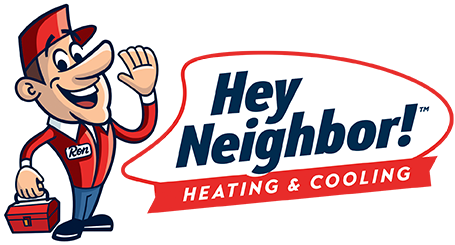New heating and air conditioning equipment lasts longer than it ever has in the past. The end of a unit’s service life depends on more than just its actual age, though. Energy-efficiency issues, component failure, and the price of repairs versus the cost of a new unit all enter into the decision.
What’s my furnace’s lifespan?
Generally speaking, a new furnace typically operates cost-effectively up to 20 years. Most furnace parts that fail during a unit’s first two decades are replaceable at a cost that makes repairing the unit a better decision than replacing the entire furnace. One exception is the unit’s heat exchanger, its single most expensive component. A cracked heat exchanger that’s already out of warranty is usually the point that dictates it’s time to shop for a new furnace.
How long should my central AC unit last?
Central air conditioning units typically operate efficiently up to 15 years. The cost-effective service life of a central cooling unit may be reduced considerably if its capacity is not properly matched to the size of the home. Oversized air conditioners will “short-cycle” – that is, turn on and off rapidly – causing excessive wear on the compressor. Like your furnace’s heat exchanger, the compressor is the most costly part in your cooling system. A worn-out compressor in a unit that has outlived its warranty usually indicates that upgrading to a new, more energy-efficient air conditioner rather that repairing the existing unit is the best financial decision.
When replacing your old HVAC equipment with new units, it’s always a good idea to note the installation date for future reference. Many homeowners affix a sticker to the side of the new unit with the date so this important information doesn’t get misplaced in the years to come. Keeping your equipment’s age in mind helps you make a better decision when problems arise. If your heating and cooling system is over 15 years old and is giving you trouble, give us a call! Our expert team is always happy to help you make the best decision for your home and family. That’s how neighbors should treat neighbors!™


Comments are closed